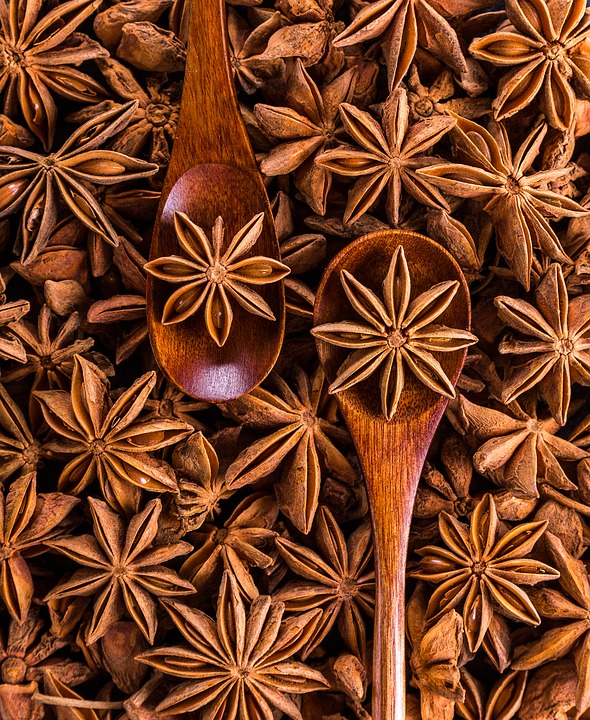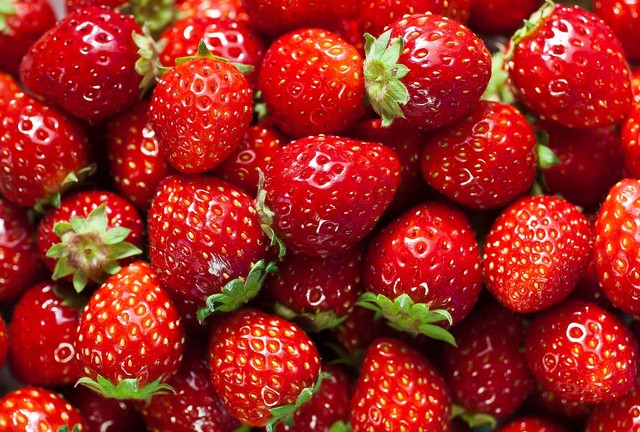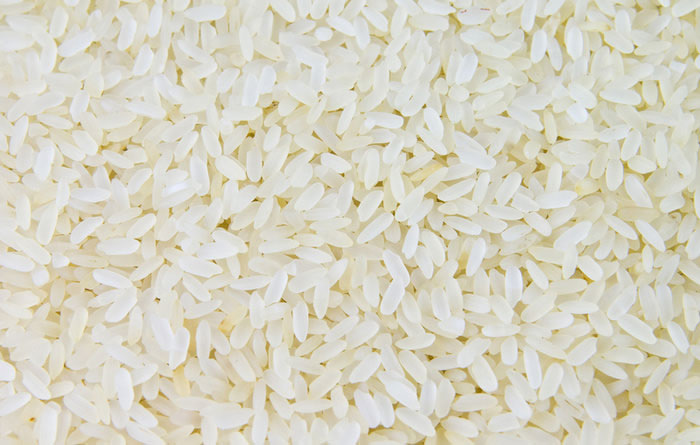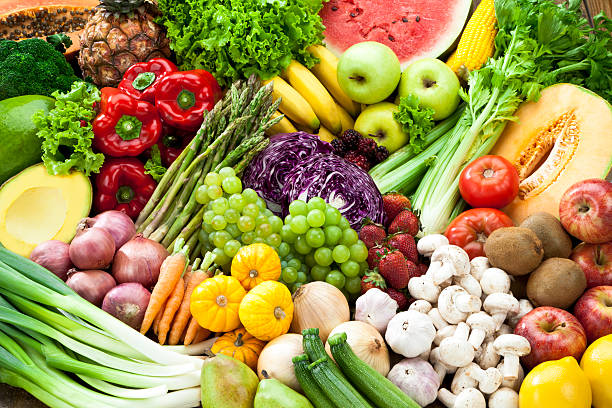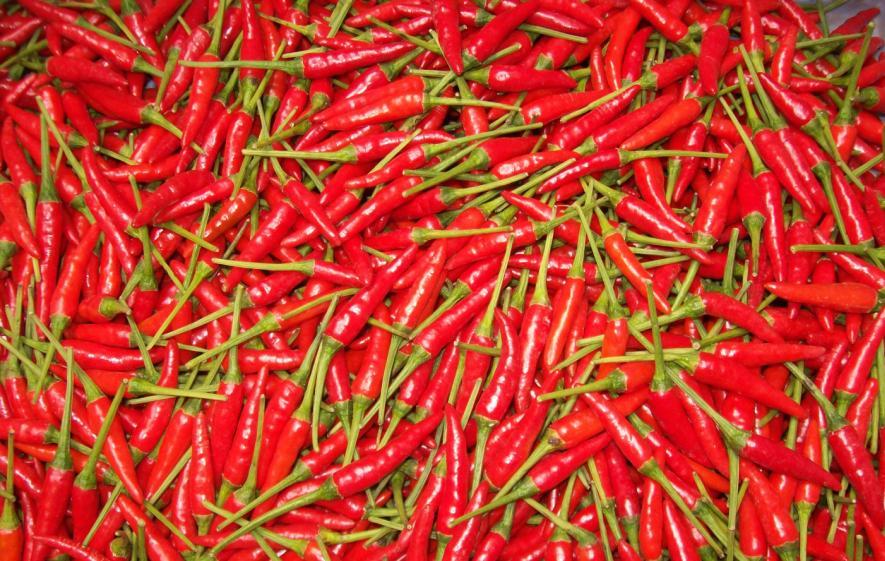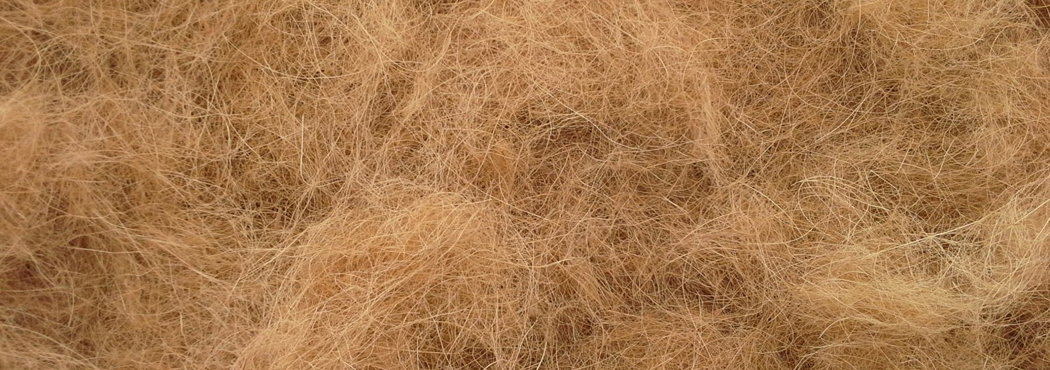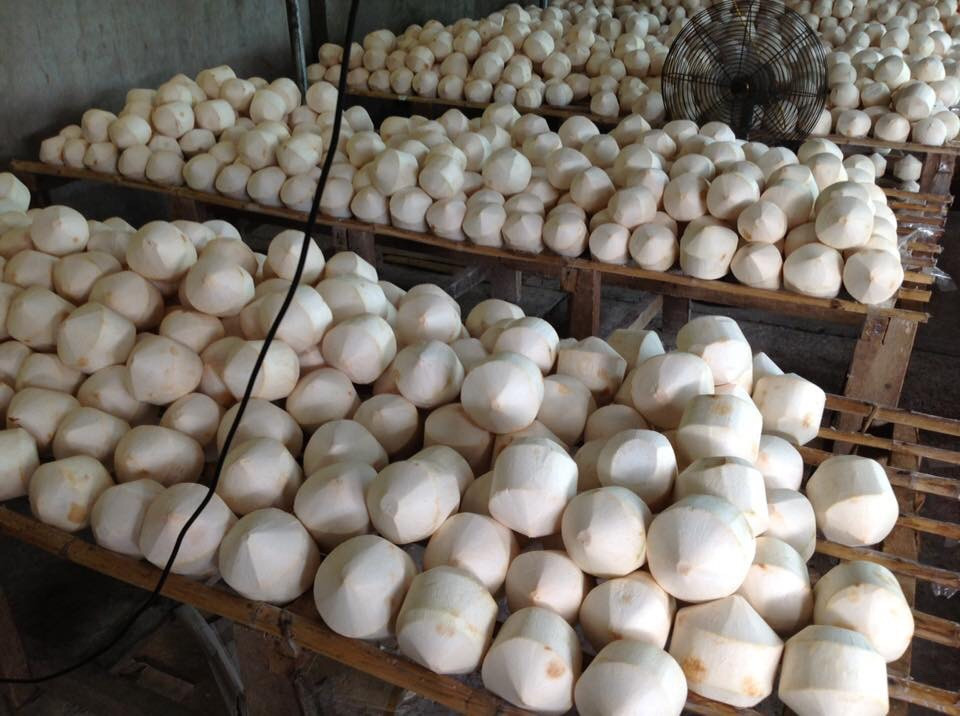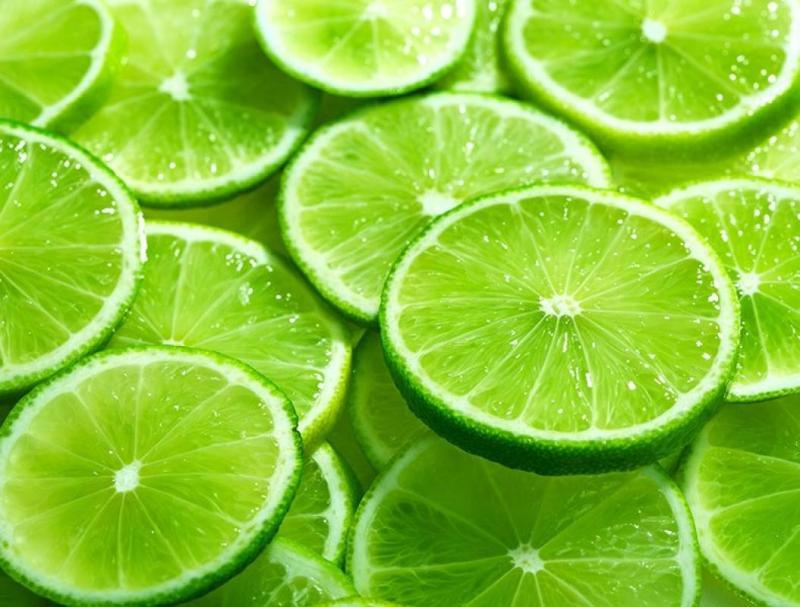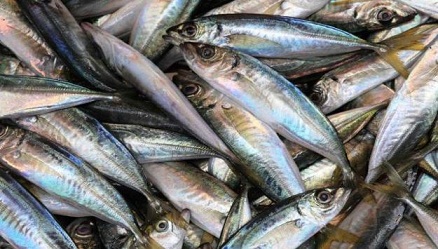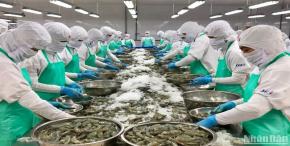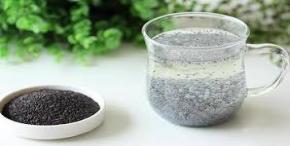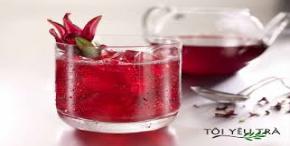News
Vietnam may ban certain agricultural products from China
Update: 10/26/2013
 The National Agro-Forestry-Fisheries Quality Assurance Department (Nafiqad) says it will propose that the agriculture ministry bans the import of certain agriculture products from China if they fail food safety standards. Nguyen Nhu Tiep, Nafiqad director, said an approval granted for Chinese agriculture products by his agency will expire on June 30.
The National Agro-Forestry-Fisheries Quality Assurance Department (Nafiqad) says it will propose that the agriculture ministry bans the import of certain agriculture products from China if they fail food safety standards. Nguyen Nhu Tiep, Nafiqad director, said an approval granted for Chinese agriculture products by his agency will expire on June 30.
Chinese agencies have submitted an application to renew the approval, he added. However, if Nafiqad finds any product failing safety criteria, there will be a ban on that product to protect local consumers, he was quoted by Thoi Bao Kinh Te Sai Gon newspaper as saying. Local consumers have expressed worries that they might have eaten ginger imported from China that have been contaminated with toxic chemicals.
The South China Morning Post on May 7 reported that farmers in Shandong have been overusing an illegal and highly toxic pesticide to grow ginger for years on end, adding to the country’s growing list of food scandals. An investigative report by China Central Television (CCTV), which aired on Saturday (May 4), discovered farmers in Weifang city had been using the pesticide aldicarb “three to six times” above the recommended level.
The pesticide is not approved for use on ginger. Aldicarb - branded in China as Shennongdan - is a highly poisonous carbamate pesticide that the Ministry of Agriculture says can be only used on cotton, tobacco, peanuts, roses and sweet potatoes, that too under strict control. Exposure in high quantities can lead to dizziness, blurred vision, nausea and respiratory failure. Just 50 milligrams of aldicarb is enough to kill a person weighing 50kg, the report said.
In a recent investigation, Thanh Nien found Chinese ginger being sold widely at many markets in Ho Chi Minh City despite information about the product being contaminated with a highly toxic pesticide. At the Hoc Mon wholesales market, all eight vegetables stores were selling Chinese ginger. “It comes from the same source.
All stores sell the same Chinese ginger. Vietnamese ginger is rare,” a shop owner at the market said. Pham Van Hai, Ba Chieu, Thai Binh and other major markets in the city were also selling the imported ginger. A small trader at the Thai Binh Market said ginger imported from China was cheaper, bigger and has smoother skin. According to the Plant Protection Department, Vietnam has imported more than 300 tons of ginger from China since the beginning of this year, tax-free.
Between early 2012 and February 2013, more than 5,100 tons of ginger imported from China by 25 companies went through the Cat Lai Port in Ho Chi Minh City. A company specialized in producing "clean agricultural products" from Da Lat was among the importers, Tuoi Tre reported. Most importers in HCMC distributed the ginger to wholesale markets while some imported it to process food.
The Plant Protection Department said it will take more ginger samples for testing following reports of toxic pesticide contamination. According to Vietnam Food and Vegetables Association, Vietnam imported fruits and vegetables imports worth US$32 million from China in the first quarter, accounting for 53 percent of total fruit and vegetable imports.
However, the value of imported fruits and vegetables in the first three month has reduced by 16 percent over last year because of information about Chinese farmers using banned pesticides and toxic chemicals to store the produce.
Source: Thanhniennews.com
